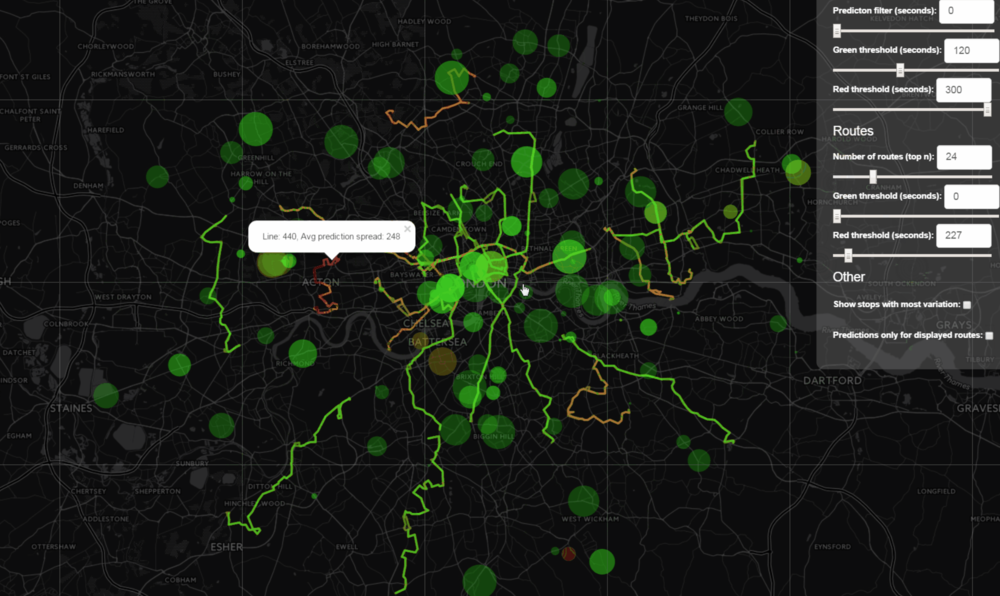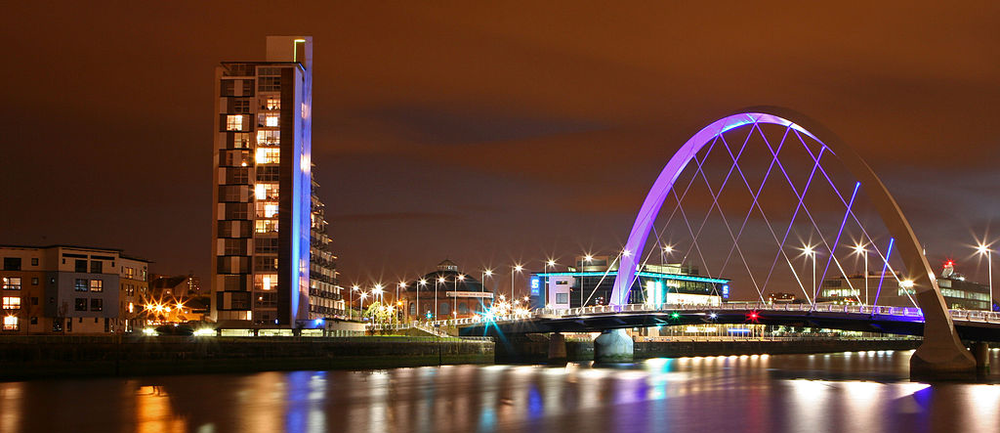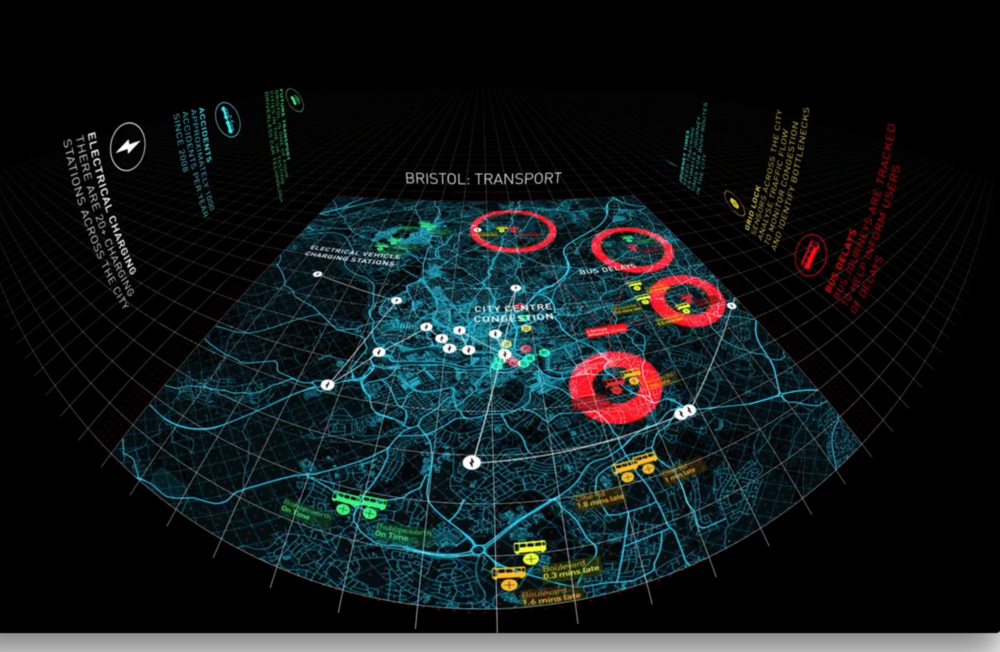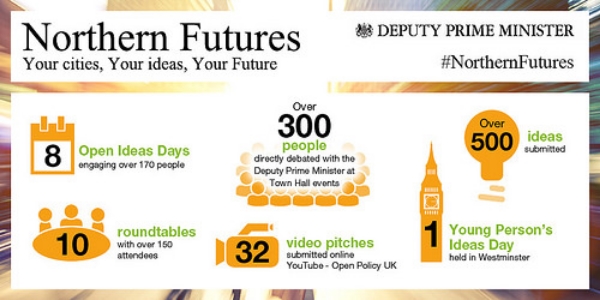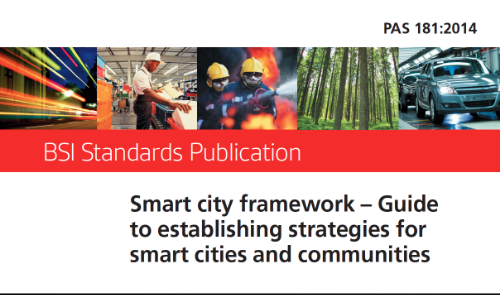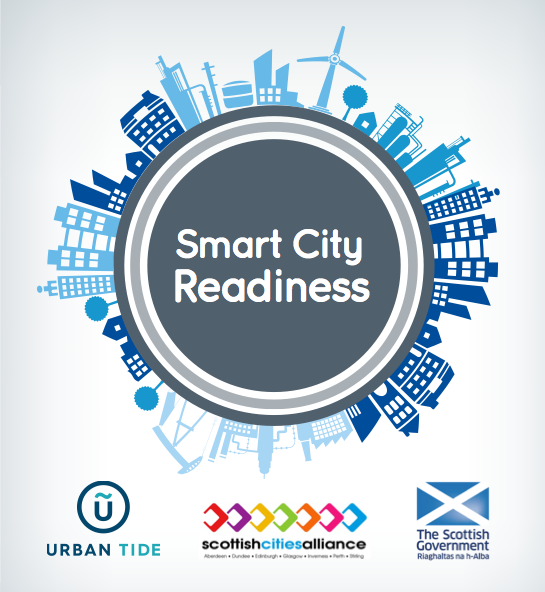A Tale of 30 Cities.
In the wake of our recent blog on America’s smart city readiness, UrbanTide have decided to examine ARUP's earlier review of UK cities, in partnership with the Technology Strategy Board (now known as Innovate UK).
November 11, 2014
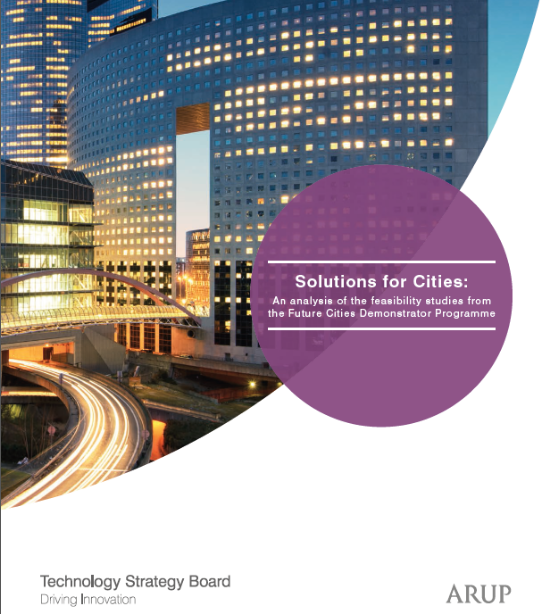
Solutions for Cities: An analysis of the feasibility studies from the Future Cities Demonstrator Programme released in July 2013. The piece goes some way to explaining how and why UrbanTide work in the way that we do.
Solution for Cities
'Solutions for Cities' is a 'detailed picture of some of the future visions of UK cities'. And can be viewed in its entirety here.
Some notable trends emerged from organisational, infrastructure, platform and application categories, but there were 2 clear and overriding intentions that characterised most if not all of the feasibility studies. These were designs towards open data platforms and engagement with partners.
Based on an examination of the feasibility studies, Glasgow was awarded a grant of £24million, with Bristol, London and Peterborough each receiving £3million to take their future city plans forward. It was these projects that were strongest in terms of realising the potential of open data and who had strong frameworks that lent themselves to effective stakeholder and citizen engagement.
Open Data
Of the 30 cities provided with £50,000 to undertake and submit a feasibility study, 29 responded.
Of these 29 who submitted innovative proposals to dramatically improve their performance in the smart cities arena, 23 stated a desire to integrate an open data platform into their future investment roadmap, with 28 committing a data platform.
This manifested itself in a variety of ways from traffic management to monitoring the quality of the air. What set Glasgow apart for instance, was how they were able to ‘demonstrate how this integration could be achieved via its city management system’. In other words, how they would use data conscientiously for the benefit of the city.
Embracing Open Data emerged as a welcome and crucial common theme. A smart city will only ever be so if solutions that people want and need are provided and based on the information the users generate. By making it open you allow the population to own how they use these solutions, taking them forward, innovating and iterating the city in which they live and work.
Furthermore, pursuing an Open Data agenda "ensures a level playing field for everyone who can benefit".
As Jeni Tennisons writes:
"organisations can get a lot of the information they need without being given personal data to process themselves. Open Data can also be used to minimise the number of restricted data releases that are made by supplying the anonymised statistical data people really need. Opening up data about what data is shared, with whom, for what purpose and for what cost makes the process transparent. And requiring the open publication of the results of data analysis ensures the benefits are available to everyone".
The Guardian, Monday 12 May 2014 17.25 BST
The last point being the most crucial.
This is precisely why Data features so prominently in the TIDE offering. Data is an asset in its own right and its effective use is imperative in any smart city or digital solution.
Engagement with Partners
Partnerships and key stakeholder engagement are crucial for any smart cities venture for the same reason that Open Data is. Solutions have to be useful, beneficial and necessary to those who they are intended for.
Also from a financial perspective, partnerships are crucial in getting these sorts of projects up and running. Partnerships allow for the exchange of ideas and expertise and provide safer frameworks for investment.
The report acknowledged that direct engagement with citizens was rare in the proposals submitted, but explained that the short time-frames made it difficult to put down a solid plan. However, those cities that had stronger mechanisms for citizen engagement ‘generally produced the strongest proposals’. Bristol in particular.
The importance of effective citizen engagement has since been codified in the British Standards Institute (BSI) guidelines for a Smart City Framework - PAS 181, a project in which UrbanTide's consultants were involved.
The Smart City Framework recommends that smart city leaders should pay attention to the following key areas:
Guiding principles
Collaborate with city stakeholders to develop and agree a set of guiding principles for the smart city strategy that include, as a minimum, the need to:
- Establish a clear, compelling and inclusive vision for the city;
- Take a citizen-centric approach to all aspects of service design and delivery;
- Enable a ubiquitous, integrative and inclusive digitisation of city spaces and systems;
- Embed openness and sharing in the way the city works.
UrbanTide have heeded our own advice. Engagement comprises the final strand of our TIDE approach and through 'hackathons', digital literacy training, smart city Urban Labs and applications we ensure that smart people help build their own smart city.
It is also worth noting that PAS 181 encourages the same Open Data sentiments expressed in the first paragraph.
International Comparison
In terms of how this work relates to that undertaken by Cisco and the Smart Cities Council – 'Solutions for Cities', compares favourably indeed. 29 out of 30 cities offered a feasibility study and when you consider that 68% of US cities did not complete business plans when seeking investment for smart city pilots, it is easy to see why the United Kingdom are advancing well in this area.
“Common to nearly all the proposals is a recognition that integration and the realisation of new opportunities to tackle key city challenges, will not happen without cross-departmental coordination and engagement with wider industry, academia and citizen stakeholders”.
Perhaps the greatest foible, however, of the US study was its portrayal of quality of life as a stand-alone objective that they sought to improve.
Here it is the bedrock of why the TSB had the money to award in the first place and is the raison d’etre behind the proposals and the solar plexus of PAS 181, which is so fantastically encouraging.
“The overwhelming focus of the visions is on improving the local quality of life’.
Conclusion
As we have mentioned in the past - no city is truly smart. But the measures and approaches that UK cities are adopting now appear to be the correct first steps on the journey to more efficient and connected urban environments. To see the legacy of the Future Cities Demonstrator programme visit Glasgow's, Bristol's, London's and Peterborough's pages and truly see what a fascinating diverse area this is.
A little competition is healthy and sometimes encouraged to stimulate innovation etc. However, we mustn't lose sight of the fact that smart cities represent a conversation right now, with collaboration and openness to new ideas its most valuable talking points.
More
Unlocking Ireland's Data Potential: Navigating the Open Data Directive with UrbanTide
News

UrbanTide's Commitment to Security: Officially ISO 27001 Certified!
News

uZero was awarded the edie Net Zero Innovation of the Year: Software, Systems & Services Award
News

Tackling the growing fuel poverty crisis and supporting the Just Transition to net zero
News

Low Carbon Homes’ Home Upgrade Show: Innovations in Retrofit
News
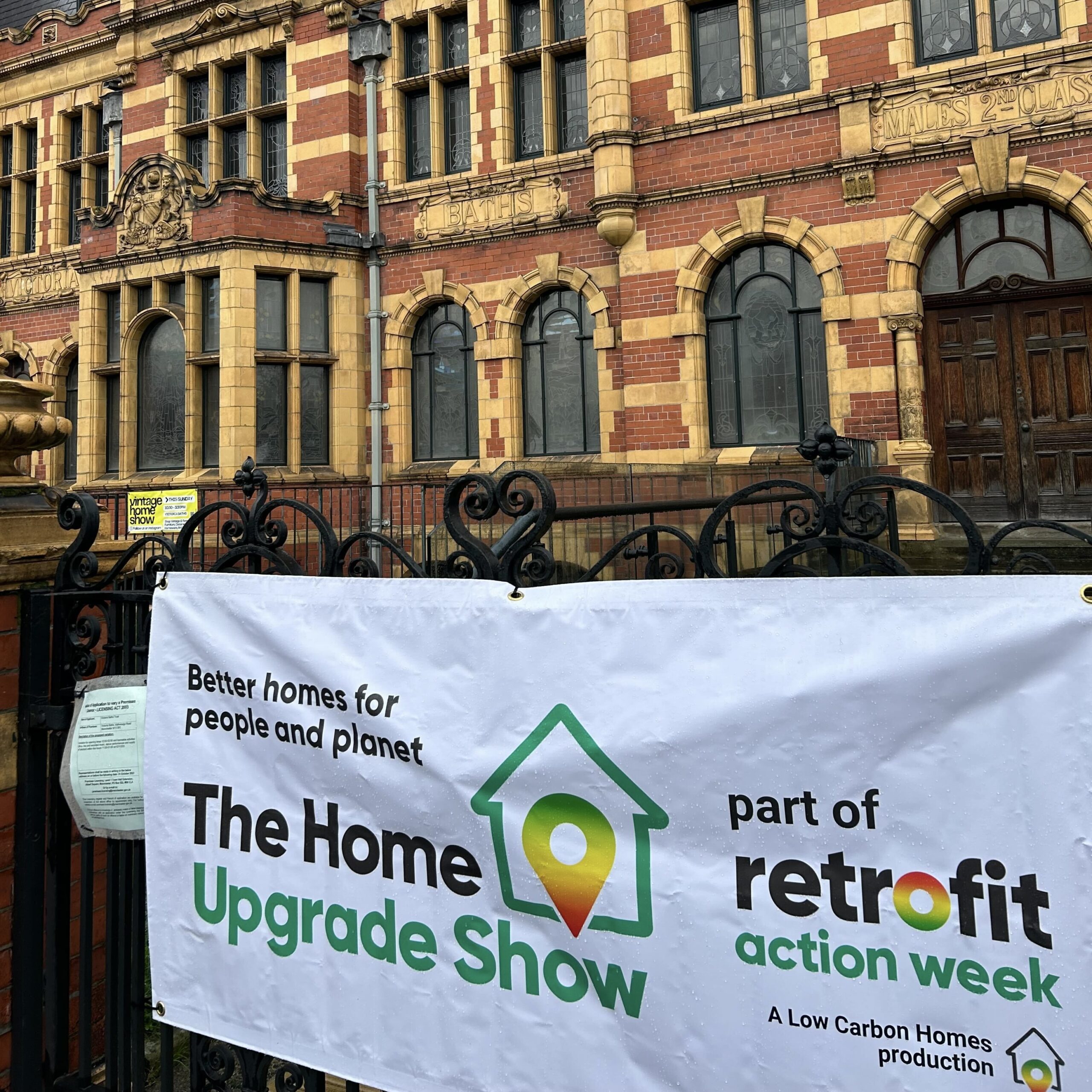
Data Integration and Collaboration are critical for the future of Transportation: Insights from JCT Symposium
News

uMove to support Bedfordshire Council to achieve ambitious sustainability plans
News

Active travel, the current challenges and solutions
News

Using the power of data to build cities of tomorrow
News
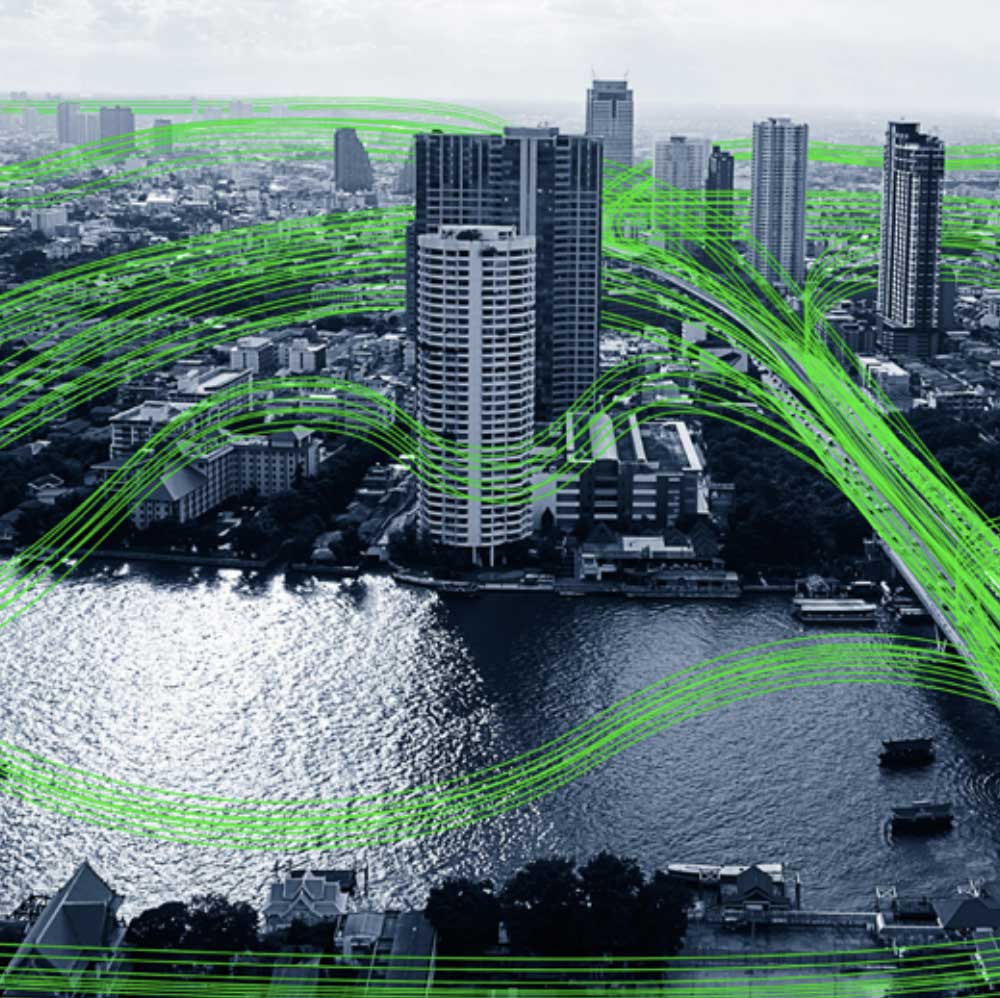
uMove supports the Smart Manuals for Streets programme from DfT
News

Scotland's Cycling Framework Makes Infrastructure Greatest Priority
News

Reducing emissions and improving health with active travel
Cycling Scotland

Targeting energy-efficiency campaigns to households most in need
Greater South East Net Zero Hub

Protecting an aging population from fuel poverty
Dartford Borough Council and Dover District Council

Identifying households eligible for energy grant support
The Wise Group

Facilitating active travel behavioural change with data
SEStran

Helping identify customers in or at risk of fuel poverty.
UK Power Networks
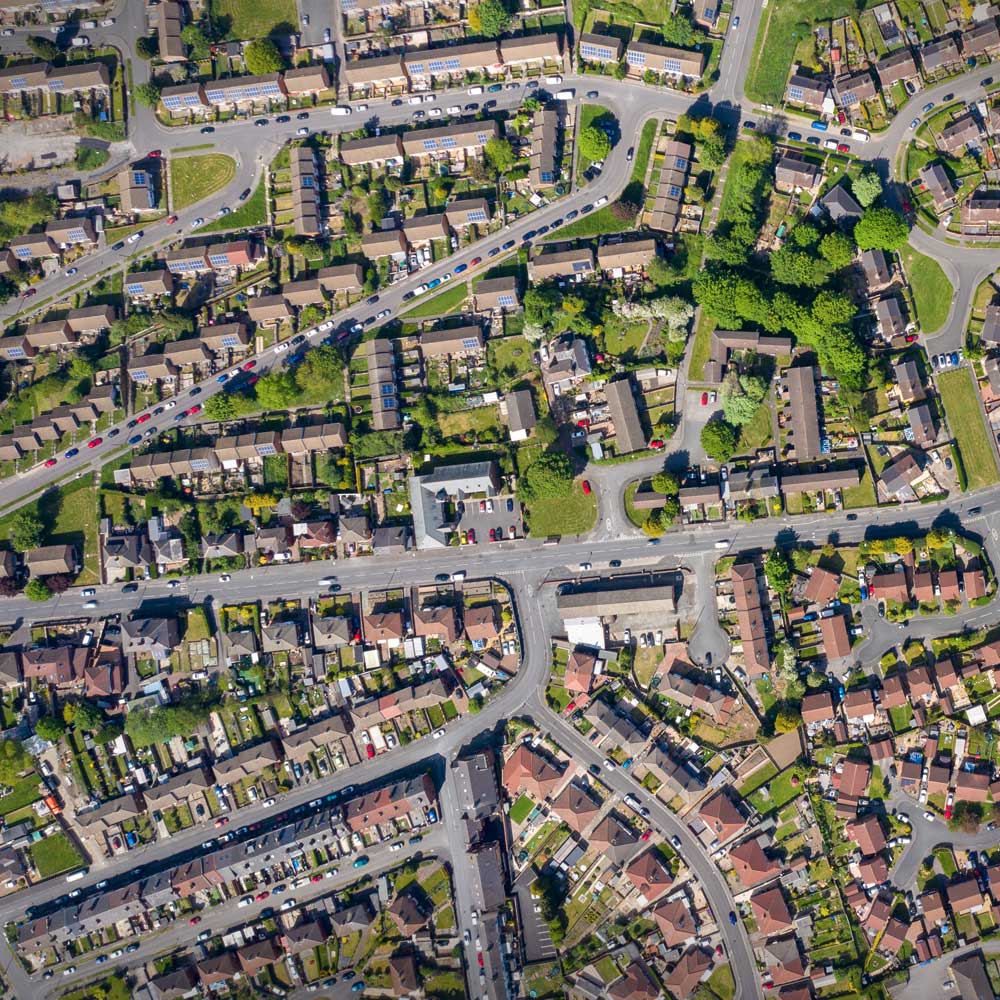
Open data promotes transparency, builds trust and empower citizens
Ireland Open Data Training
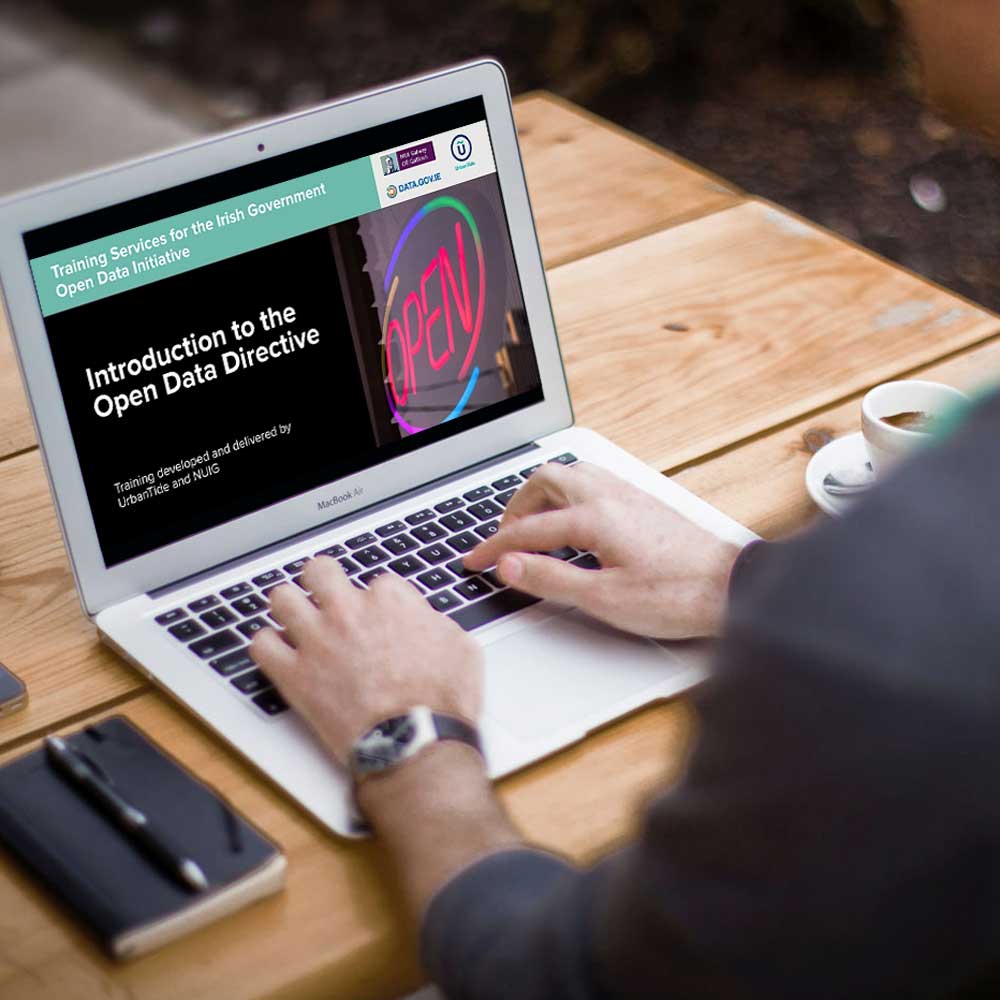
Identifying and unlocking new revenue from business rates with AI
North Lanarkshire

Tackling the growing
fuel poverty crisis with data and AI
UKRI

Understanding how we live and use our homes with real-time energy data
Smartline
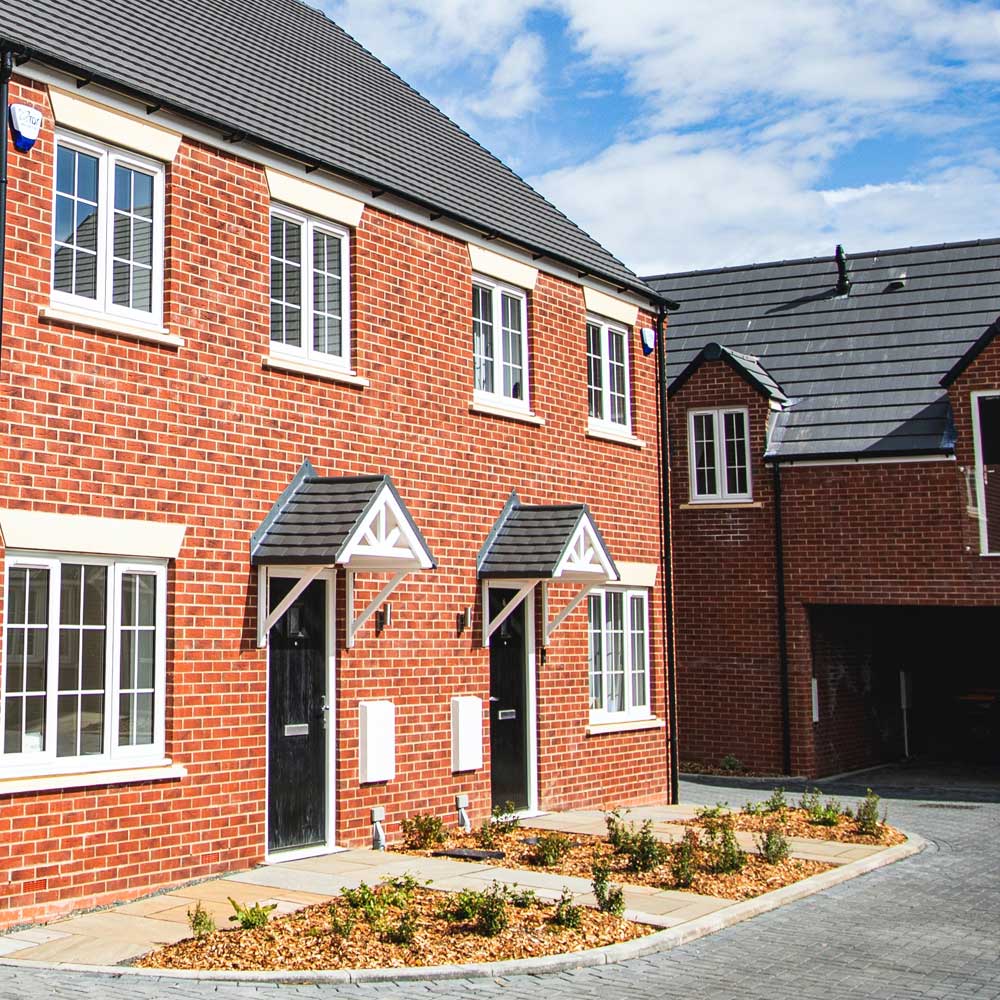
Managing the impact of noise pollution on our cities
Noiseability

Accelerating the transformation of the UK’s energy systems
Energy Systems Catapult

Creating an integrated, affordable low-carbon energy system of the future
ReFLEX Orkney

Investing in sustainable transport infrastructure to become carbon neutral
Somerset County Council

Identifying ageing households at risk of cold and damp home
Sunderland City Council

Innovate UK funding to help our Planet Centred approach to retrofitting Europe’s leakiest homes
News

Open data is now a legal requirement in Ireland and the EU
News

New ‘uZero’ Artificial Intelligence software could help millions with their fuel bills
News
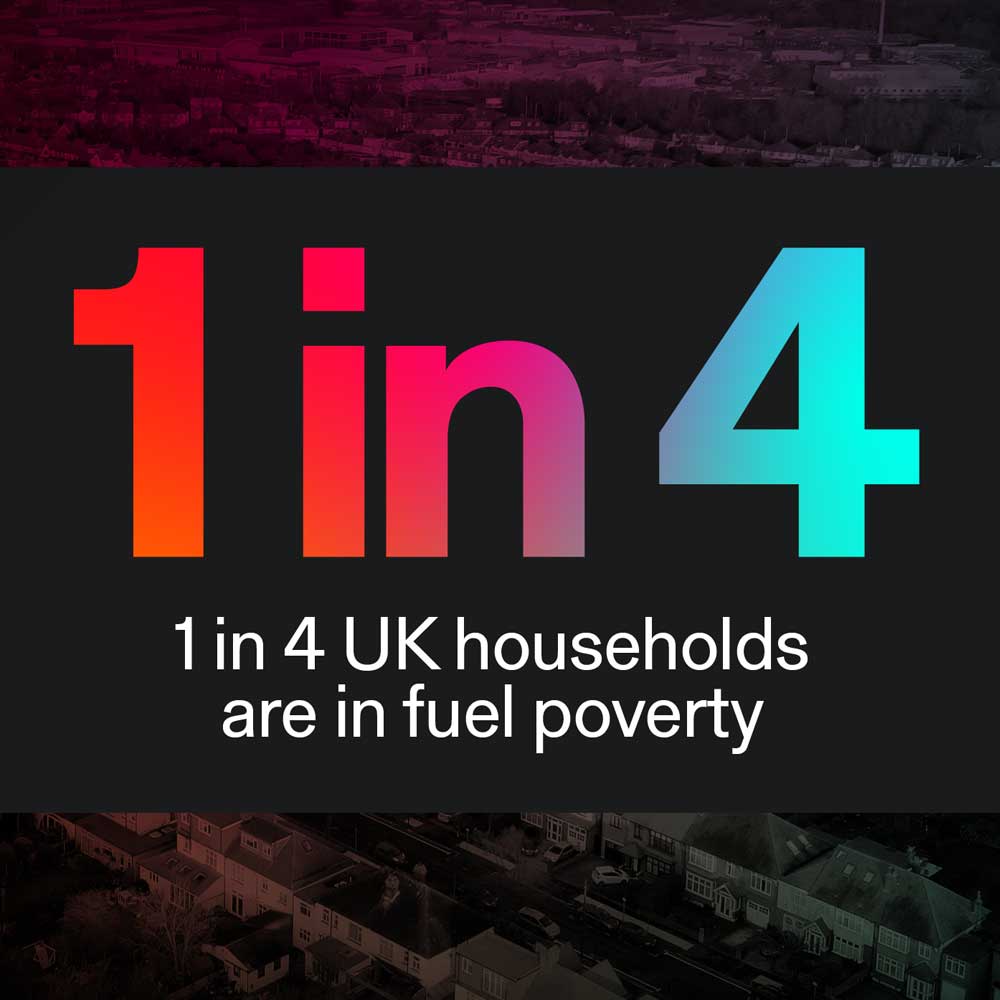
UrbanTide helps secure £48 million funding for Scottish Cities Alliance
News

UrbanTide leads £24 million program to make Glasgow a Future City
News

Building smart communities for OPEN Glasgow Engagement Programme
News

UrbanTide launches IoT data insights platform, uSmart
News
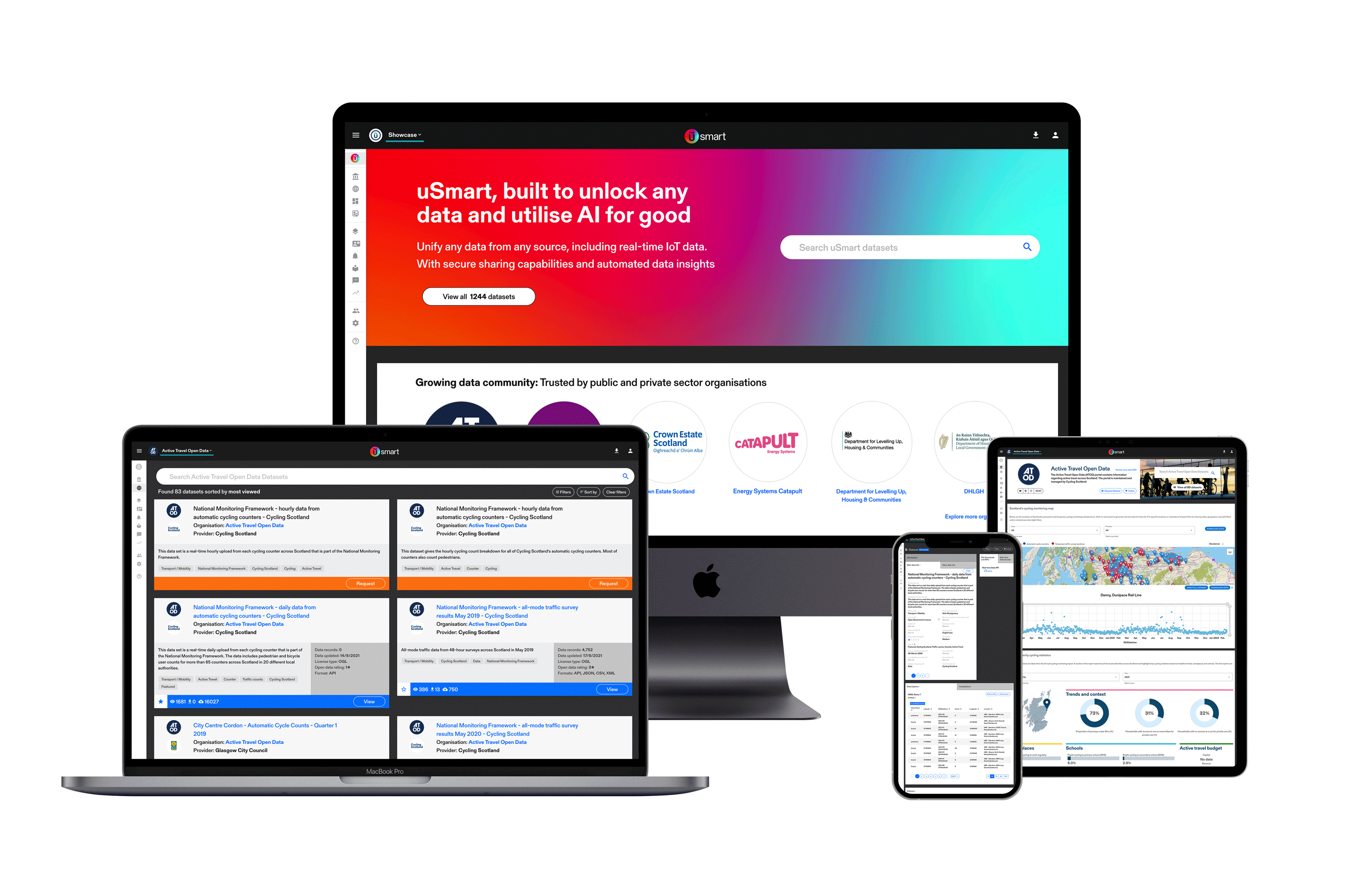
uZero announced as UKRI MEDA competition winner
News

Social Connect is a unique UK Power Networks (UKPN) innovation project
News

UrbanTide announces partnership with Energy Systems Catapult
News

UrbanTide marks four years of Open Data training in Ireland
News

Noisability: UrbanTide wins major bid as part of SynchroniCity program
News

UrbanTide joins prestigious Artificial Intelligence accelerator
News

UrbanTide recognised at ScotlandIS Digital Technology Awards
News

ODI publishes case studies that show how open data can be used in service redesign
News

UrbanTide teams up with North Lanarkshire Council to make better services with data
News

UrbanTide, Snook and North Lanarkshire Council announced as finalists for the 2018 Digital Technology Awards
News

Innovative smart communities IoT project powered by USMART
News
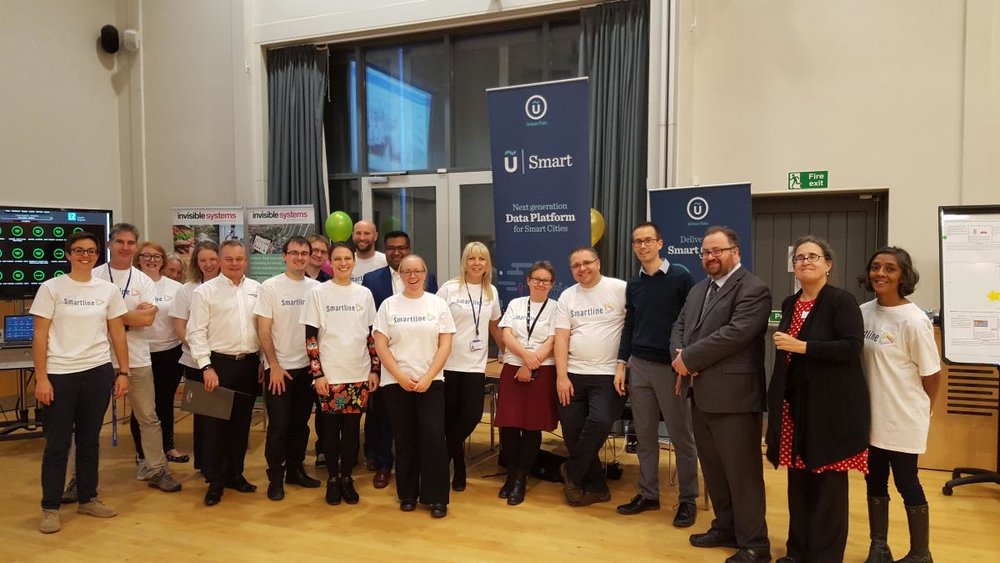
The Power of Data Science in the Health and Care Sector
News

UrbanTide to help transform Ireland by unlocking the power of open data
News

Stay ahead of the curve by learning more about these new smart cities standards
News

#DataFest17 - 12 key lessons we learned about smart cities, communities and the future of data
News
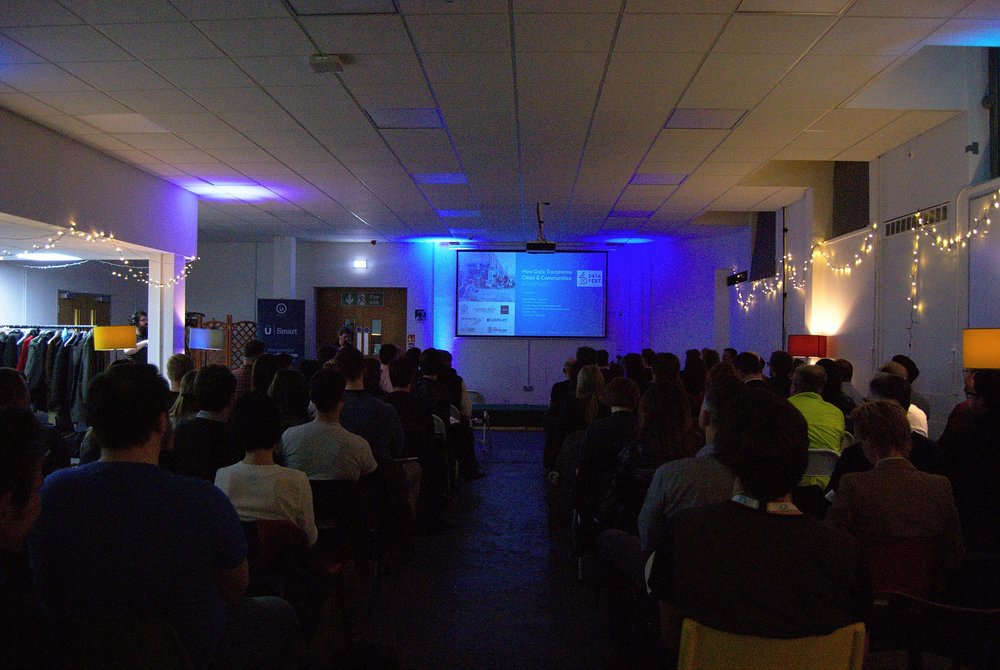
Emerging ideas for a renewed (Y)Our Glasgow City Centre
News
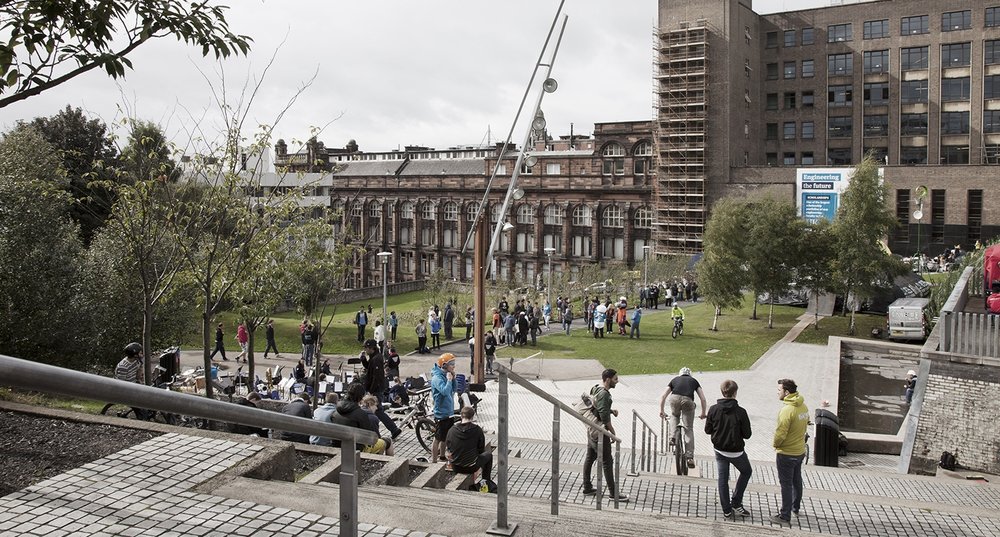
Future Health Hack - building the future of healthcare one line of code at a time
News
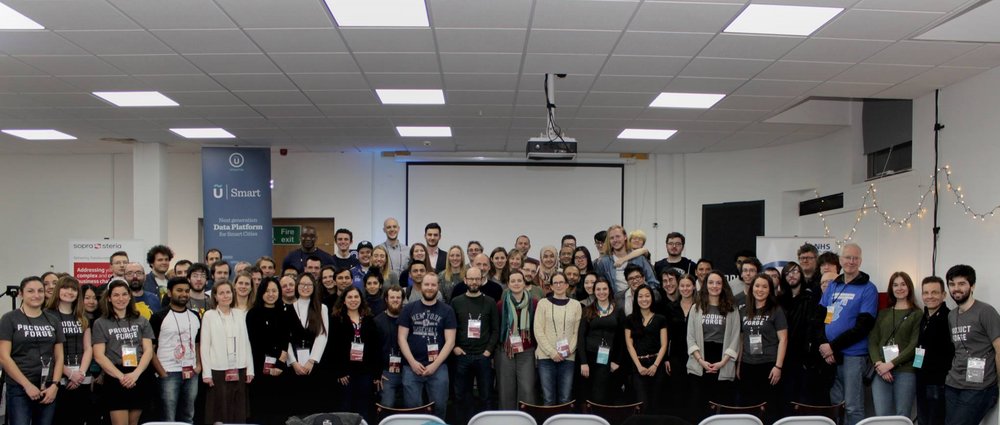
Meet our API Data Explorer – aka your new best friend if you are working with big data
News

Car parks ‘extinct’ in smart cities of the future?
News

3 awesome USMART features - with more coming soon!
News

Data scientists and USMART: a match made in heaven
News

We are now Regional Supporters of Open Data Impact Map
News

Next generation open data platform looking for beta testers!
News

Glasgow city centre regeneration - how smart can Glasgow be?
News

Open data - is the open private sector the next frontier?
News

Open data everywhere! Review of open data maturity in Europe, UK and Scotland
News

Feedback from our year delivering open data training for Scottish Government
News

Announcing our new open data training programme
News

Glasgow City Centre District Regeneration Frameworks
News

Metadata and metadata standards- reflections from our Chief Operational Officer
News

All about our Smart Cities Maturity Self-Assessment Tool
News

Open data training for Scotland's public sector
News

Engage - invest – Exploit (EiE) or Enjoyable - interactive - Experience (EiE)
News

UrbanTide and India: 5 Lesson's Learned from Simon's Trip to the Subcontinent
News

Cisco and the Smart Cities Council: 4 Messages from America...
News
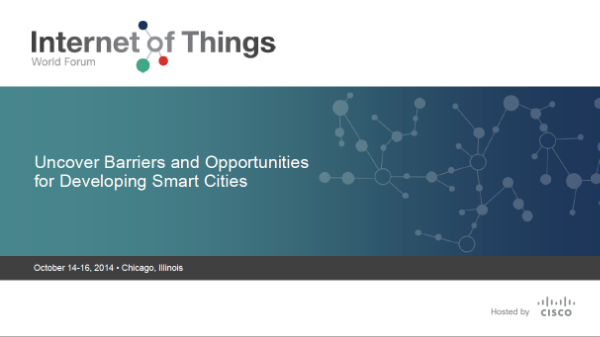
Edinburgh continues to iterate, and then iterate again
News

Start your journey
Take a look at our product page to find out which UrbanTide AI tool has been designed for your needs.
Find out how we can support your data and AI projects and see our growing AI portfolio in action.













